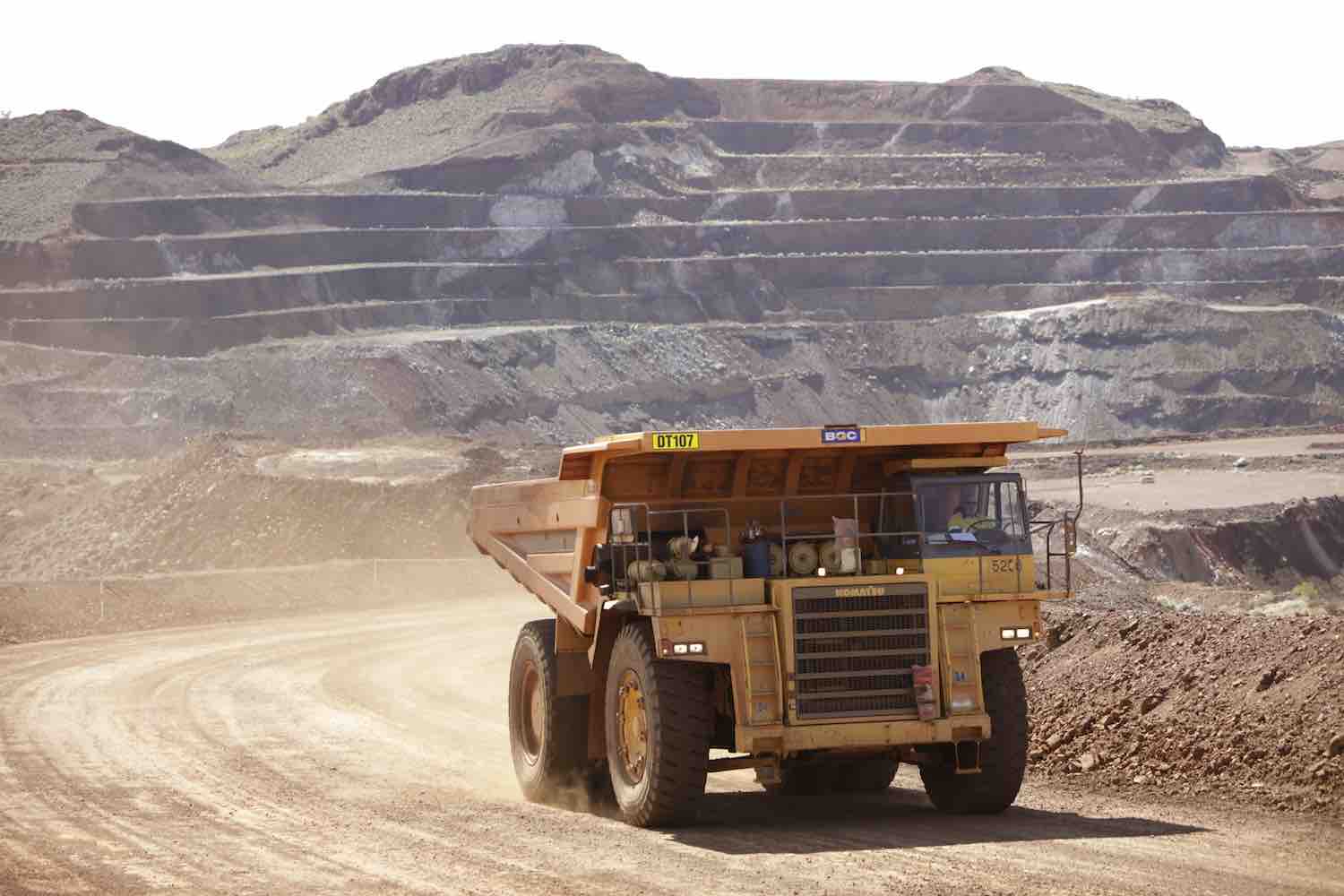
The Australian continent is crisscrossed and interlinked by a vast unsealed road network.
Our dirt and gravel roads keep economic momentum flowing, connecting remote communities and regional towns together along with far-flung mining and resource projects. At last count, 426,000 km of unsealed roads run across Australia’s landmass.
For those who love to explore Australia’s outback and remote regions, unpaved roads are simply part of the journey. They allow access to some of the country’s striking natural beauties which can often lie hundreds, if not thousands of kilometres, off the beaten track.
And while many recreational vehicles are set up for off-road adventuring, extended travel on dirt routes still requires a degree of preparation prior to setting out. Many would say you’re not travelling until you “hit the dirt”. And, if you want to see the best of Australia, including its stunning national parks and coastlines, then you best be ready for “a few bumps” along the way.
With that said, unprepared road surfaces can also cause serious problems. Both for those on a recreational trip and, critically, for rural and remote projects that rely on unsealed roads as their literal lifeline. So let’s look at some of the issues our bush road networks pose.
Dirt and gravel-based roadways are notoriously rough.
And if there’s been no maintenance for a while, corrugations and other negative features could spell the end of your trip.
So let’s dive into some common hazards associated with unsealed roads for local traffic and industrial applications like mining, farming and resources.
Surface risks: Unsealed roads are more hazardous than sealed roads, especially during wet weather and when under heavy traffic.
They’re also more prone to potholes, washouts, and erosion, making driving difficult and increasing the risk of accidents.
Restricted access: Unpaved roads may only suit some vehicle types, particularly during unfavourable weather conditions.
This often limits access to remote locations and makes it challenging to transport goods and people.
Rising maintenance costs: Loose road surfaces need more maintenance than sealed alternatives and are more susceptible to wear and tear.
This increases costs associated with road maintenance, particularly in remote areas where access to services and supplies is finite.
Dust & debris: Dirt roads can generate a lot of dust and debris.
These pose a health risk to travellers and workers, with dust also damaging vehicles and equipment, leading to more significant operational expenses in remote areas.
Communication & Connectivity: Remote projects that use unsealed roads can also face challenges accessing communication services, such as the Internet, phone, and radio.
Tricky communication with suppliers, customers, and other stakeholders, can limit the effectiveness of remote project management and logistics.
Global Road Technology (GRT) specialises in road construction and road maintenance solutions, including products to prepare and stabilise unsealed road surfaces.
The result of applying a GRT product can be the improvement of a particular roadway’s strength, durability and surface texture.
At a glance, GRT’s solutions include:
Dust suppression: GRT offers a range of dust suppression products that can reduce the dust generated by unsealed roads.
These products typically blend organic and inorganic materials to bind with the road’s surface and prevent dust from being kicked up by passing vehicles.
Soil stabilisation: GRT has developed several soil stabilisation products that can be used to improve the strength and resilience of unsealed road surfaces.
These products work by injecting a special polymer into the soil, which binds with the particles, creating a firmer, more stable surface.
Surface sealing: GRT also offers a range of surface sealing products that can improve the surface texture of unsealed roads, making them smoother and more resistant to wear and tear.
These products work by applying a thin material layer to the road’s surface, filling in any gaps or cracks and creating a smoother, more even surface.
Got a question about preparing or maintaining your unsealed roads?
Reach out to our local team today!
Your feedback is important to us.
If you enjoyed reading this Global Road Technology industry update and found it informative, please let us know by leaving a REVIEW.
Are environmental regulations, health and safety concerns or potential profit loss a concern right now?
Contact Us Now